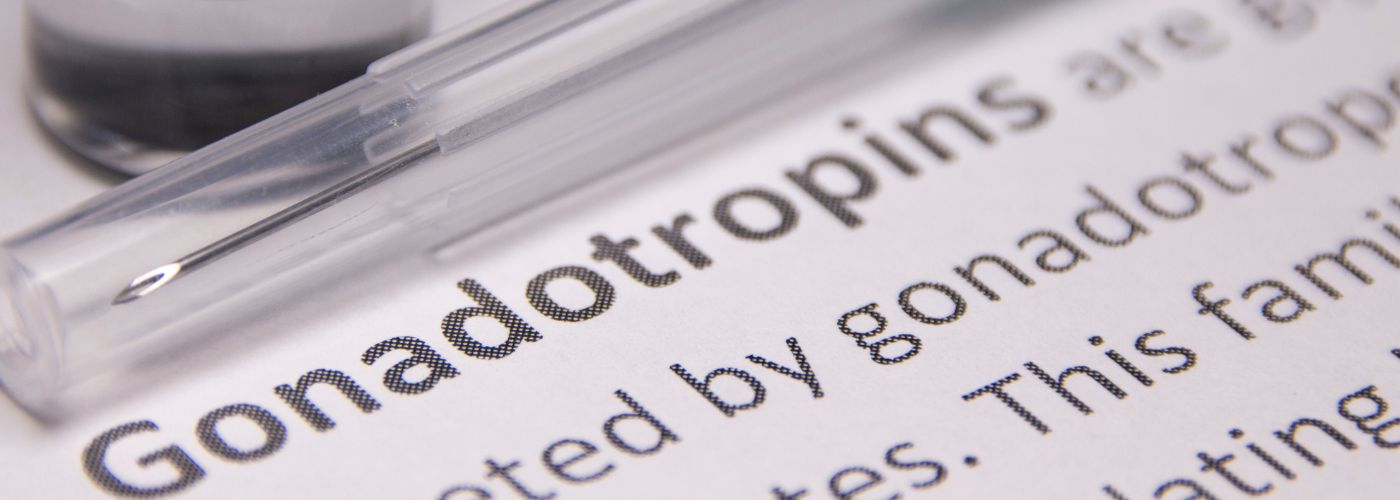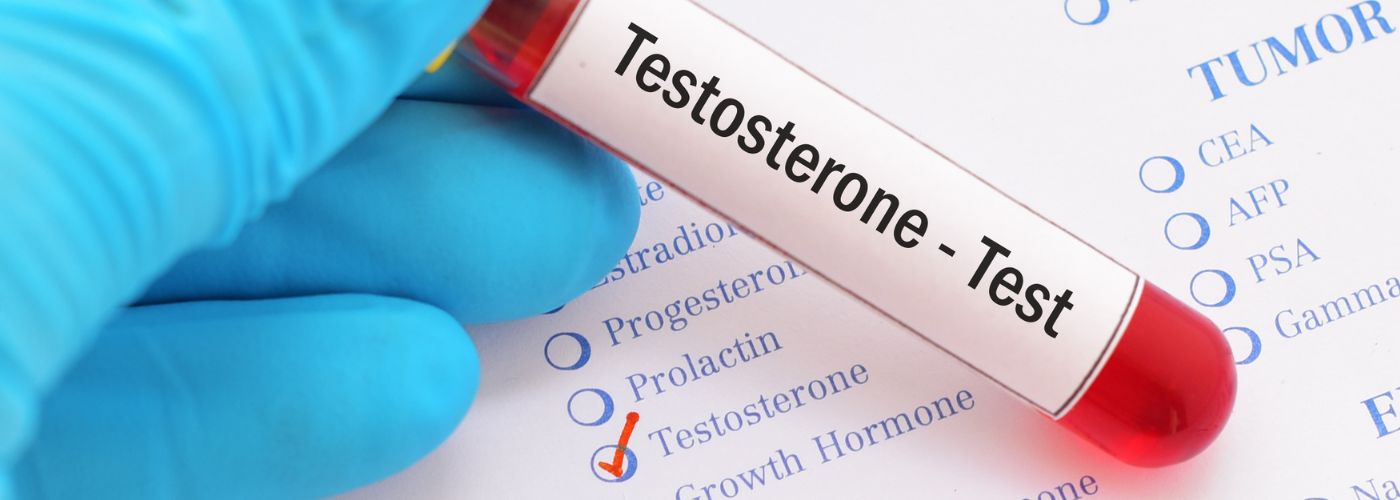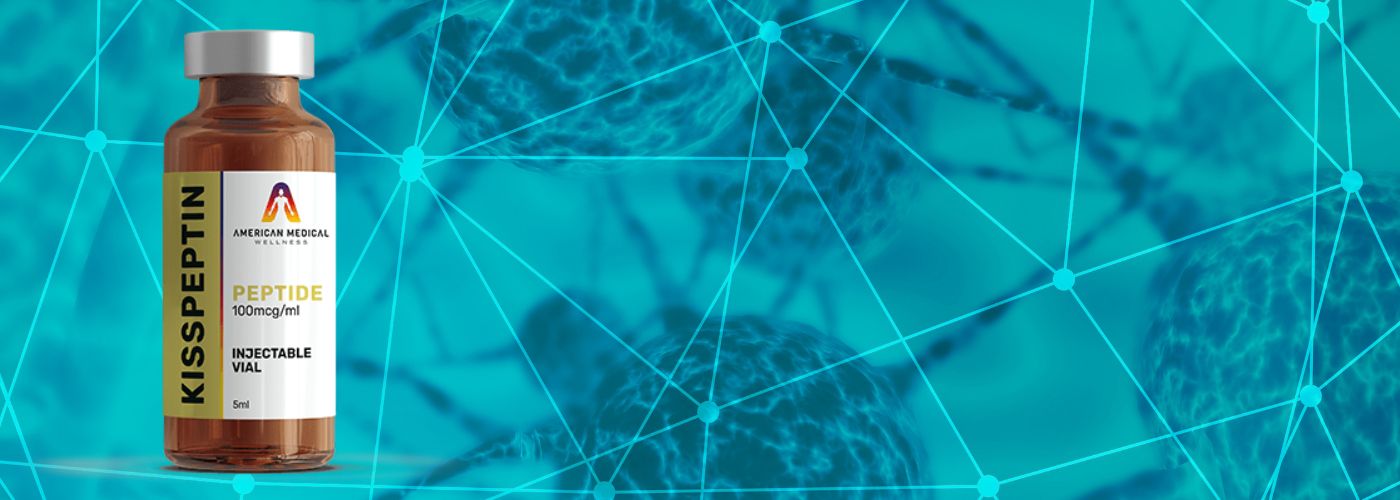Kisspeptin has been gaining significant attention in recent years due to its multifaceted benefits on various physiological processes. Initially discovered for its role in regulating reproductive function and puberty onset, researchers have now uncovered a plethora of additional benefits associated with this remarkable peptide. In this article, we will delve into the diverse benefits of kisspeptin and explore how this peptide is opening new avenues for advancements in healthcare.
What Is Kisspeptin?

Kisspeptin is a hormone that plays a crucial role in regulating reproductive functions. It was discovered relatively recently, in 1996.
It is produced by neurons in the hypothalamus, kisspeptin acts as a key player in initiating and controlling the secretion of other reproductive hormones such as luteinizing hormone (LH) and follicle-stimulating hormone (FSH).
This intricate network ensures proper functioning of the menstrual cycle in females and testosterone production in males.
The mechanism behind how kisspeptin works lies within its interaction with the gonadotropin-releasing hormone (GnRH) system. GnRH is responsible for stimulating pituitary cells to release LH and FSH, which then act on the ovaries or testes to initiate gamete production.
When kisspeptin binds to its receptor on GnRH neurons, it stimulates the release of GnRH into the bloodstream. This leads to an increase in LH and FSH secretion from the pituitary gland. LH acts on the ovaries or testes to stimulate the production of sex hormones such as estrogen and progesterone in females and testosterone in males.
In females, this hormonal cascade is crucial for proper ovulation and regulation of the menstrual cycle. In males, LH stimulates the production of testosterone, which is necessary for the development and maintenance of male reproductive organs and secondary sexual characteristics.
FSH, on the other hand, plays a role in spermatogenesis by stimulating the production of sperm cells within the testes.
In both males and females, these sex hormones have additional effects outside of reproduction. For example, estrogen is responsible for breast development in females and helps regulate bone density.
Does Kisspeptin Increase Testosterone?

Kisspeptin may increase testosterone within males experiencing low T. Testosterone is a hormone primarily associated with male reproductive function and secondary sexual characteristics. It plays a crucial role in muscle development, bone strength, and overall well-being. Therefore, finding ways to naturally boost testosterone levels has been an ongoing area of research.
Kisspeptin stimulates the release of gonadotropin-releasing hormone (GnRH), which then triggers the production and release of luteinizing hormone (LH) from the pituitary gland. LH acts on Leydig cells within the testes to stimulate testosterone production. As such, it is believed that kisspeptin may have a direct impact on testosterone levels by increasing LH secretion.
Several studies have been conducted to investigate the potential of kisspeptin as a natural way to boost testosterone levels.
One study, published in the Journal of Clinical Endocrinology and Metabolism, found that administering kisspeptin to healthy male volunteers significantly increased LH secretion and subsequently led to an increase in testosterone levels.
How To Inject Kisspeptin
Administering this kisspeptin through injections can be a complex process, but with the right guidance and precautions, it can be done safely and effectively.
Firstly, it is crucial to consult with a healthcare professional before attempting any type of hormone injection. They will assess your condition and determine whether Kisspeptin therapy is suitable for you.
Once given the green light, your healthcare provider will guide you through the entire process.
To begin with, ensure that you have all the necessary equipment readily available. This includes sterile vials of Kisspeptin solution, syringes, needles (usually 25-27 gauge), alcohol swabs for disinfecting the injection site, and sharps containers for safe disposal of used needles.
Start by washing your hands thoroughly with soap and water. This step is essential to prevent the introduction of any bacteria or contaminants into the injection site.
Next, prepare the Kisspeptin solution by following the instructions provided by your healthcare provider or pharmacist. It is important to handle the vials with care and ensure that they are not damaged or contaminated before use.
Once you have prepared the Kisspeptin solution, draw it into a syringe using a sterile needle. Next, choose an appropriate injection site. Common sites for self-injection include the abdomen, thigh, or upper arm. Make sure to rotate injection sites to prevent irritation or lumps from forming.
Before administering the injection, clean the chosen site with an alcohol swab in a circular motion. Allow it to dry completely before proceeding. This step helps eliminate any surface bacteria that could potentially cause infection.
Lastly, insert the needle into the chosen injection site at a 45-degree angle. Gently push the plunger of the syringe to slowly administer the Kisspeptin solution into your body. Take your time and do it steadily to avoid any discomfort.
Once you have injected the solution, carefully remove the needle from your skin and dispose of it in a sharps container or other designated disposal method as per local regulations.
Is Kisspeptin Safe?
As with any new treatment or therapy, concerns regarding the safety behind kisspeptin have arisen. To address these concerns, extensive research has been conducted to determine if kisspeptin is safe for use in various clinical settings.
The findings of numerous studies indicate that kisspeptin appears to be safe when administered under medical supervision. In one study involving healthy male volunteers, researchers found no adverse effects after administration of kisspeptin at different doses.
Similarly, in a clinical trial focusing on women undergoing infertility treatment, no serious side effects were reported following the use of kisspeptin. These results provide reassurance that kisspeptin is generally well-tolerated and does not pose immediate risks to patients. This peptide isn’t detectable for a long time as well, so speak with your doctor first to see if you’re a candidate for this treatment.
